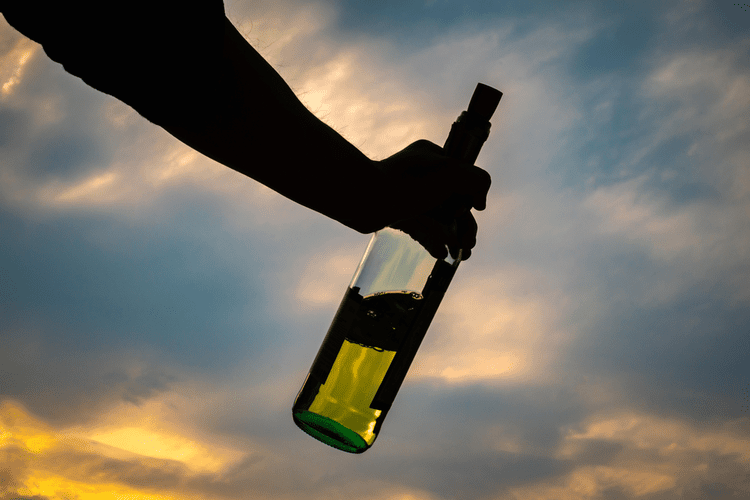And the tricky part of the moderation path is that there’s no way to know which heavy drinkers can learn to control their drinking rather than having to give it up completely. Josh Lee is a clinician and researcher with a focus on medication-assisted treatment of alcohol and opioid use disorders. He has conducted multiple clinical trials examining the use of naltrexone in primary care and other community settings. As a practicing physician, Josh helps manage the NYC Health + Hospitals/Bellevue addiction medicine clinic in adult primary care. Meditation, practiced on your own or via guided meditation, can help you learn to react less to alcohol cravings (8). This can be a key to breaking the hold that your triggers to drink have on you.

Talk about it
Understanding the three distinct components of your habit loop can help you come up with more specific strategies to overcome cravings when they pop up. In other words, what works for a friend won’t always work for you. That’s why building your own recovery toolkit can make a difference in your ability to weather the most intense cravings. Of course, addressing your triggers at the source can also go a long way toward helping you make lasting changes. You might notice stressful or tense situations tend to fuel cravings more often than not.
- Alcoholics Anonymous cautions its members not to get too hungry, angry, lonely or tired—all of which can make you more vulnerable to the urge to drink.
- There are also medications that can be helpful for people who want to reduce their drinking.
- Ten years ago, Donna Dierker, who lives in St. Louis, was concerned about her drinking.
Feel like you should be drinking less? Start here
- One of the active ingredients in milk thistle extract is silymarin, which may improve liver function in people with alcohol use disorder.
- It was developed by Joseph Gerstein, M.D., a co-founder of SMART Recovery (and a good friend of mine).
- And you’ll be able to see your progress in dealing with them as they lessen over time.
The pleasant euphoria you experience when drinking becomes a reward, one that reinforces your desire to drink in certain situations. You might eventually start craving that reward in new situations. But in spite of your goals and no matter how committed you are to changing your habits around drinking, avoiding alcohol might prove a little more difficult than you expected. You are aware that your drinking has become way too excessive, but you don’t want to give up booze for the rest of your life. Here are some thoughts on how to cut back your consumption.
- Combining medication with therapy and other interventions can prove even more helpful than medication alone.
- Abstinence is not the only solution for recovering from alcohol use disorders, but it is one of the most studied and successful methods for recovering from alcohol use disorders.
- Some people can get control over their drinking and drink safer levels of alcohol without having to quit entirely.
- Laying it all out in black and white can take time and some serious self-examination.
Triggers

If you realize you should quit completely, talk to your doctor or addiction counselor about getting help with quitting alcohol and staying sober. Depending on how much you have been drinking recently, it may not even be safe or realistic to quit cold turkey, and your doctor can prescribe medications or refer you to a treatment program. Although it is a good idea to think about reducing your alcohol intake, check whether you are a suitable candidate for controlled drinking.
Whether you’re sober curious, know for sure you’re ready to quit, or fall somewhere in between, Dr. Streem shares advice for how to stop drinking. If you’re living with alcohol use disorder (also known as alcoholism), you’ll likely benefit from additional medical interventions. Kudzu extract is taken from the root of the kudzu vine. It’s been used in traditional Chinese medicine for centuries. Some small clinical studies have shown it can reduce alcohol cravings and alcohol withdrawal symptoms.
Many people mistakenly think that they should be able to curb their drinking immediately once they decide to make a change. Making changes is a process, especially when we try to change a behavior that offers immediate satisfaction and relief, such as drinking alcohol. Don’t be discouraged if you encounter setbacks in your cutting-down journey or fail to stick to your limit. Remember that professional support is available; you don’t have to do this alone.
Urge Surfing

Like the drinking log, seeing the whole list before your eyes is where the magic happens. Looking to take on a sobriety challenge, like Dry January? Or maybe it’s a pregnancy that made why can’t i control my drinking you realize it’s time to stop drinking.
